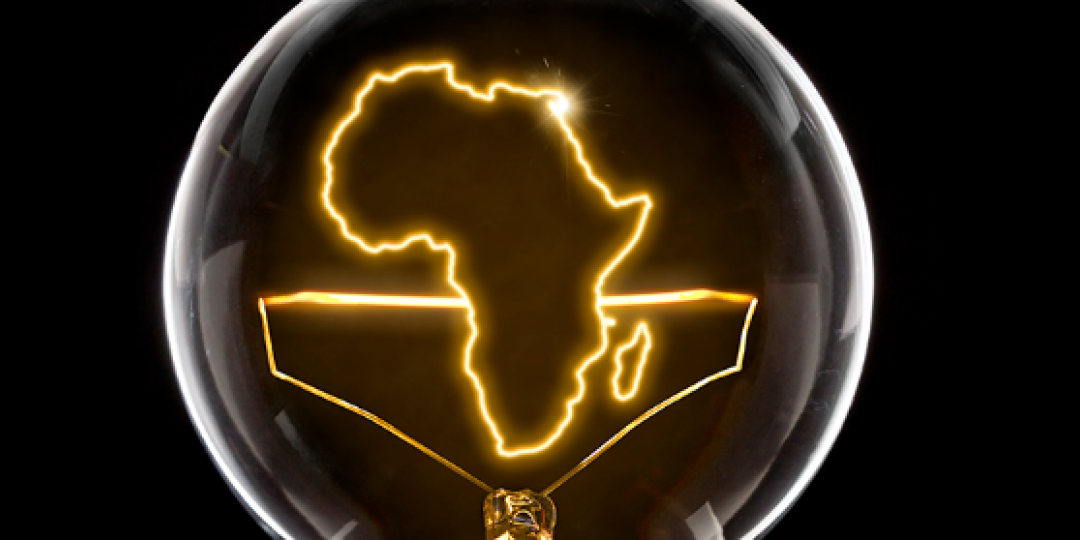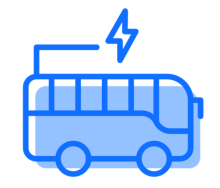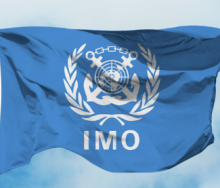Thirty African Heads of State and governments committed to concrete reforms and actions to expand access to reliable, affordable, and sustainable electricity to power economic growth, improve quality of life, and drive job creation across the continent at the just-concluded Mission 300 Africa Energy Summit in Dar es Salaam.
This represents a key milestone in addressing the energy gap in Africa, where more than 600 million people currently live without electricity.
The commitments are a critical piece of the Mission 300 initiative, which unites governments, development banks, partners, philanthropies, and the private sector to connect 300 million Africans to electricity by 2030.
At the summit, Mission 300 partners pledged more than $50 billion in support of increasing energy access across Africa.
By addressing the fundamental challenge of energy access, Mission 300 serves as the cornerstone of the jobs agenda for Africa’s growing youth population and the foundation for future development.
Twelve countries—Chad, Côte d'Ivoire, Democratic Republic of Congo, Liberia, Madagascar, Malawi, Mauritania, Niger, Nigeria, Senegal, Tanzania, and Zambia—presented detailed National Energy Compacts that set targets to scale up electricity access, increase the use of renewable energy and attract additional private capital.
These country-specific plans are time-bound, rooted in data, endorsed at the highest level and focus on affordable power generation, expanding connections, and regional integration. They aim to boost utility efficiency and expand clean cooking solutions. Deploying satellite and electronic mapping technologies, these compacts identify the most cost-effective solutions to bring electricity to underserved areas.
Stakeholders stressed that implementing the National Energy Compacts would require political will, long-term vision and the full support of Mission 300 partners. Governments are paving the way through comprehensive reforms, complemented by increased concessional financing and strategic partnerships with philanthropies and development banks to catalyse increased private sector investment.
“Access to electricity is a fundamental human right. Without it, countries and people cannot thrive,” said Ajay Banga, president of the World Bank Group.
“Our mission to provide electricity to half of the 600 million people in Africa without access is a critical first step. To succeed, we must embrace a simple truth: no one can do it alone. Governments, businesses, philanthropies and development banks each have a role—and only through collaboration can we achieve our goal.”
Among the commitments is a $48m pledge by the African Development Bank Group and the World Bank Group.
Agence Française de Dévelopment has committed €1 billion, Asian Infrastructure Investment Bank $1bn to $1.5bn, Islamic Development Bank Group $2.65bn, and OPEC Fund $1bn.
The World Bank Group and the African Development Bank Group have launched Zafiri, an investment company that supports private sector-led solutions, such as renewable mini-grids and solar home systems. Zafiri anchor partners will invest up to $300m in the first phase and mobilise up to $1bn to address the persistent equity gap in Africa.













